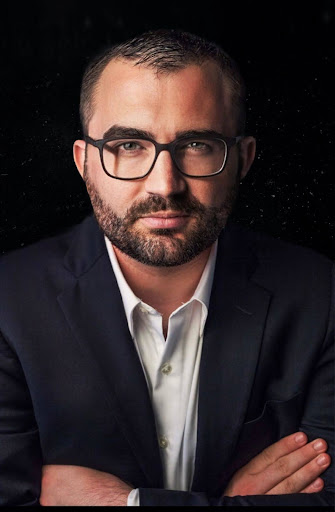.In examining the trajectory of Andrew Ryan’s career, one finds a narrative rich with entrepreneurial vigor. Andrew’s story is also that of technological ingenuity, yet it’s his recent pivot to the film industry that invites a more critical and thought-provoking analysis.
From his early years, marked by economic hardship and familial adversity, Ryan’s journey epitomizes the classic ‘rags-to-riches’ archetype. His foray into gemstone and energy drink sales in childhood wasn’t a display of business acumen. This symbolized a deep-seated resilience and a penchant for market disruption. However, these early ventures, while commendable for their entrepreneurial spirit, might also be critiqued for their precocity. In a context where childhood ingenuity could potentially overshadow other critical developmental aspects.
Post-military service, Ryan’s transition into advocacy and public service appears as a commendable chapter in his life story. During that same time, he dropped his last name from Andrew Ryan Rafols to only Andrew Ryan. A fitting film name. His efforts in securing substantial funding for veteran programs demonstrate a laudable commitment to societal betterment. However, one might ponder the transition from such altruistic endeavors to the more self-serving realms of technology and entertainment. This shift, while indicative of adaptability, also raises questions about the consistency of his professional ethos.
The creation of the Campus Watch app was a notable example of technology serving a societal need. Yet, this venture also invites scrutiny over privacy concerns and the potential for surveillance overreach. This is a common critique in the realm of tech solutions to social issues.
The rise and fall of Newchip, his investment app, is a quintessential tale of Silicon Valley. It’s a blend of innovation, ambition, and the volatility of the tech industry. The collapse of Silicon Valley Bank, while testing Ryan’s resilience, also highlights the inherent risks and ethical quandaries of the fintech sector.
Ryan’s entry into the film industry, with a minor role in “Match Me if You Can” and subsequent forays into producing and investing, though impressive, invites a deeper reflection. Does this transition mark a genuine passion for cinematic arts? Or is it a strategic maneuver to reinvent his image post the Silicon Valley debacle? His investment in sci-fi films, while aligning with his tech background, could also be seen as a safe bet in a genre that’s currently in vogue, rather than a true cinematic innovation.
In conclusion, Andrew Ryan’s journey from a struggling childhood to tech entrepreneurship, and now to Hollywood, is undeniably a tale of resilience and reinvention. Yet, it’s a narrative that merits a critical lens – one that examines the implications of early entrepreneurialism, the ethical dilemmas in tech ventures, and the motivations behind a sudden shift to the film industry. His story, while inspiring, poses fundamental lessons we can all learn from.














